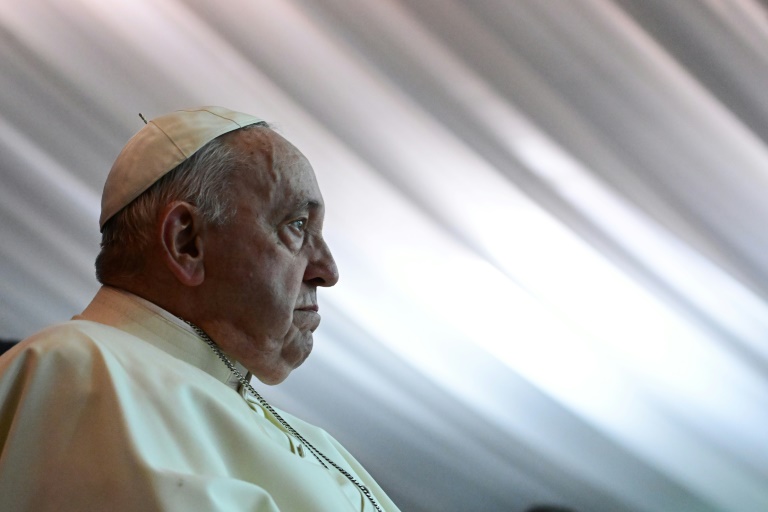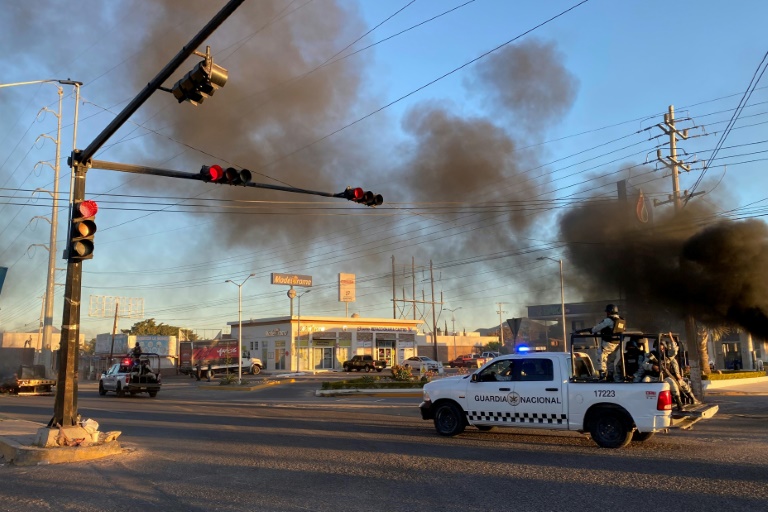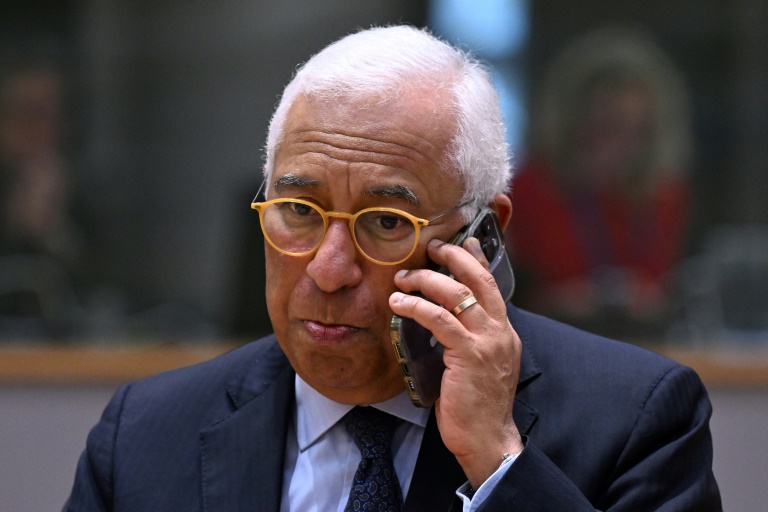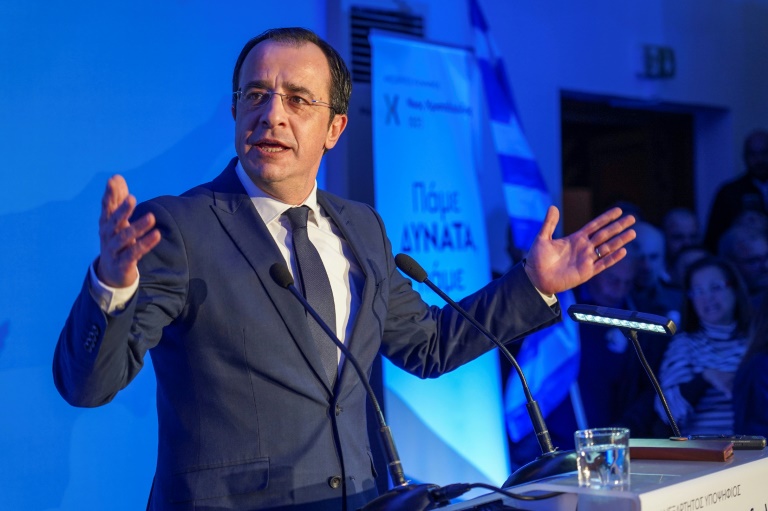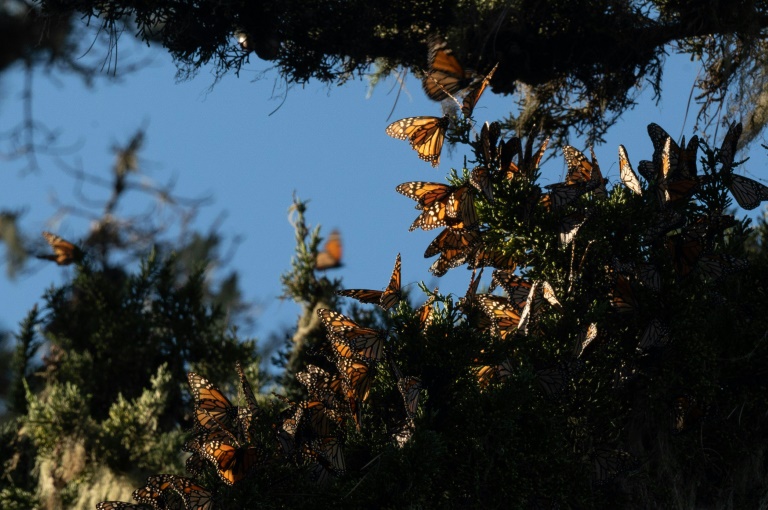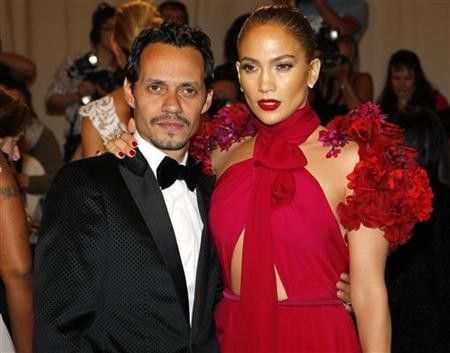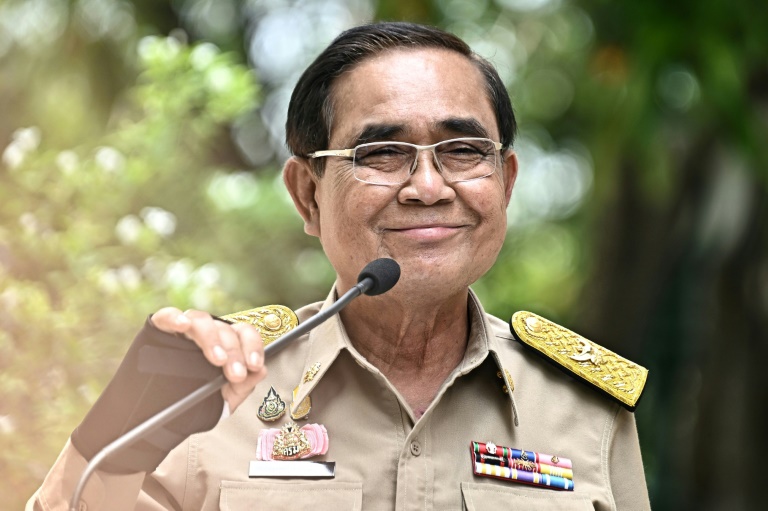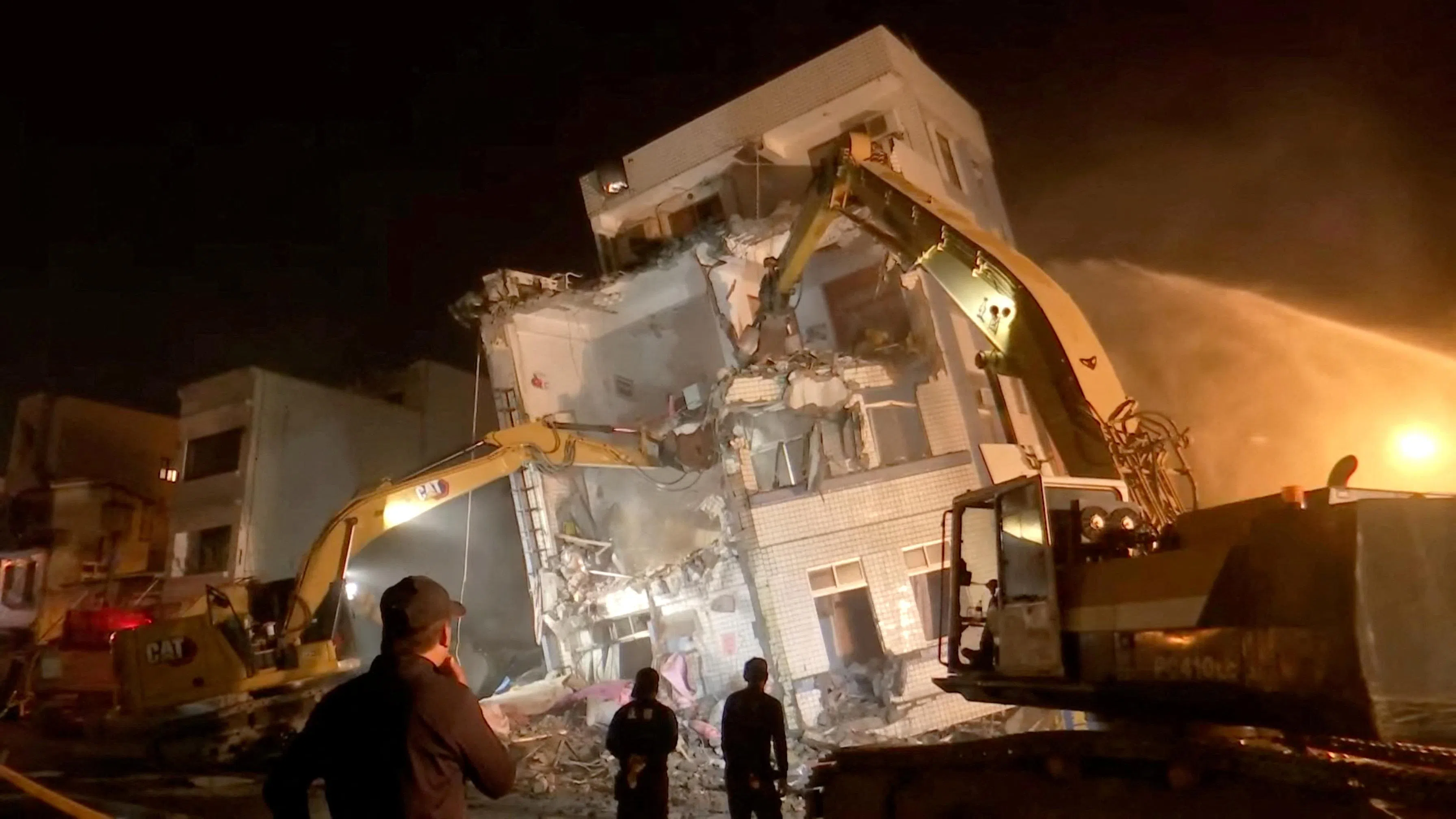[ad_1]
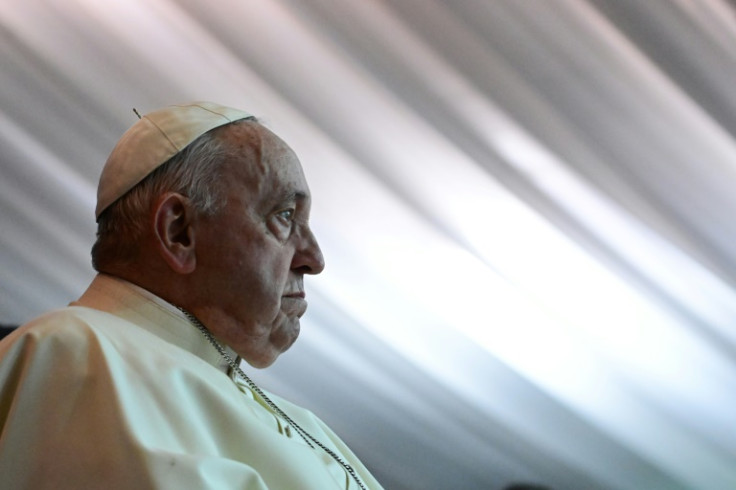
AFP
Pope Francis wraps up his pilgrimage to South Sudan with an open-air mass on Sunday after urging its leaders to focus on bringing peace to the fragile country torn apart by violence and poverty.
The three-day trip is the first papal visit to the largely Christian country since it achieved independence from Sudan in 2011 and plunged into a civil war that killed nearly 400,000 people.
Despite a peace deal signed in 2018 between President Salva Kiir and his deputy Riek Machar, violence continues to roil the world’s newest nation, driving people from their homes into displacement camps.
The pontiff, who himself tried to broker peace during the civil war, has received a rapturous welcome, with thousands expected to attend the mass at the John Garang mausoleum — built in honour of South Sudan’s rebel hero who died in 2005.
On Saturday, Francis met victims of the civil war, who were brought to the capital Juba from various camps, and urged the government to restore “dignity” to the millions affected by conflict.
“Sadly, in this war-torn country, being a displaced person or a refugee has become a common and collective experience,” he said.
“I want to renew my forceful and heartfelt appeal to end all conflict and to resume the peace process in a serious way, so that violence can end and people can return to living in dignity.”
“The future cannot lie in refugee camps,” he said to applause.
With 2.2 million internally displaced people (IDPs), and another two million outside the country, South Sudan is home to the worst refugee crisis in Africa.
John Wiyual, who has lived at a sprawling IDP camp outside Juba since 2014, said he did not trust government assurances that the country is safe.
“They say there is peace — but there is killing in all states,” the 42-year-old told AFP. “The pope can listen to us. We are citizens, and we need peace.”
The papal visit has been closely followed in the country of 12 million, where church leaders played a key role in protecting civilians during the push for independence and the 2013-18 ethnic conflict.
“It is the first time to see papa in my country. I feel so privileged,” said 36-year-old Adongpiny Harriet, wiping away sweat after she joined an impromptu dance outside the Cathedral of Saint Therese in Juba following the pope’s blessing on Saturday.
Around 50,000 people flocked to the Garang mausoleum on Saturday evening for a joint prayer meeting held by Francis along with the Archbishop of Canterbury and the Moderator of the General Assembly of the Church of Scotland, who are also part of the trip.
It followed a pointed speech on Friday in which Francis told the country’s leaders that they need to make “a new start” toward reconciliation and end the greed and power struggles tearing the nation apart.
“Future generations will either venerate your names or cancel their memory, based on what you now do,” he told an audience that included Kiir and Machar, as well as diplomats, religious leaders and traditional kings.
“No more bloodshed, no more conflicts, no more violence.”
The pope had promised in 2019 to travel to South Sudan, when he hosted Kiir and Machar at a Vatican retreat and asked them to respect the ceasefire.
In scenes that reverberated in South Sudan, Francis knelt and kissed the feet of two foes whose personal armies had been accused of horrific war crimes.
But four years later, the oil-rich country remains mired in intractable conflict and blighted by poverty, hunger and natural disasters.
A much-lauded rebel commander, Garang was the first president of a semi-autonomous South Sudan when his death in a helicopter crash in 2005 paved the way for his deputy Kiir to take over.
The pope’s stop in South Sudan follows a four-day visit to the Democratic Republic of Congo, another resource-rich country plagued by persistent conflict and also often overlooked by the world.
The trip — Francis’s fifth to Africa — was initially scheduled for 2022 but had to be postponed because of problems with the pope’s knee.
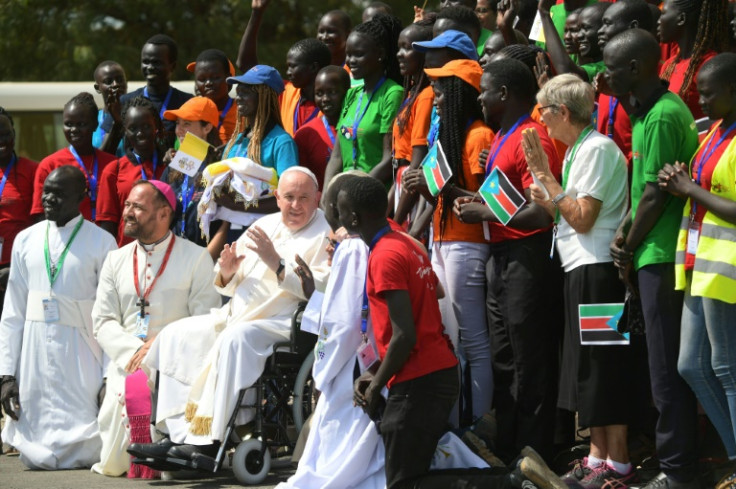
AFP
[ad_2]
Source link

